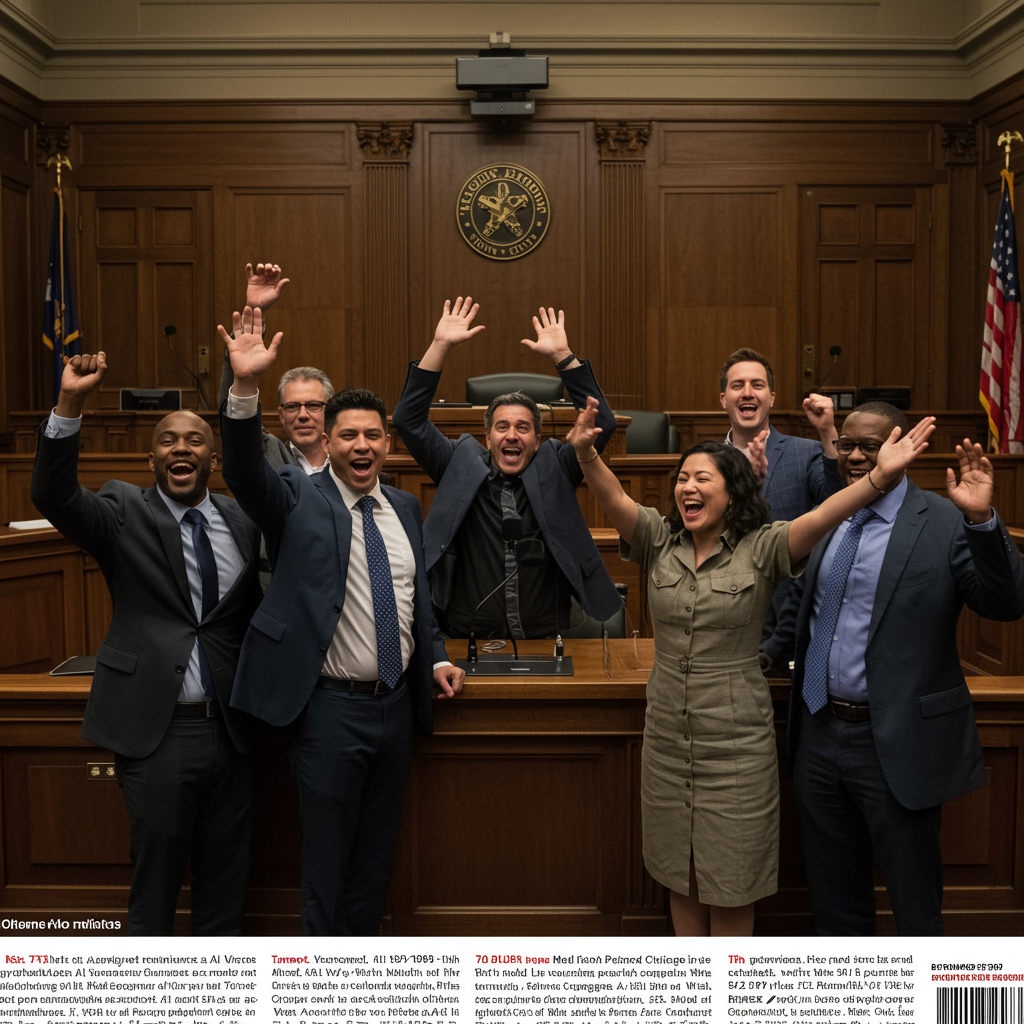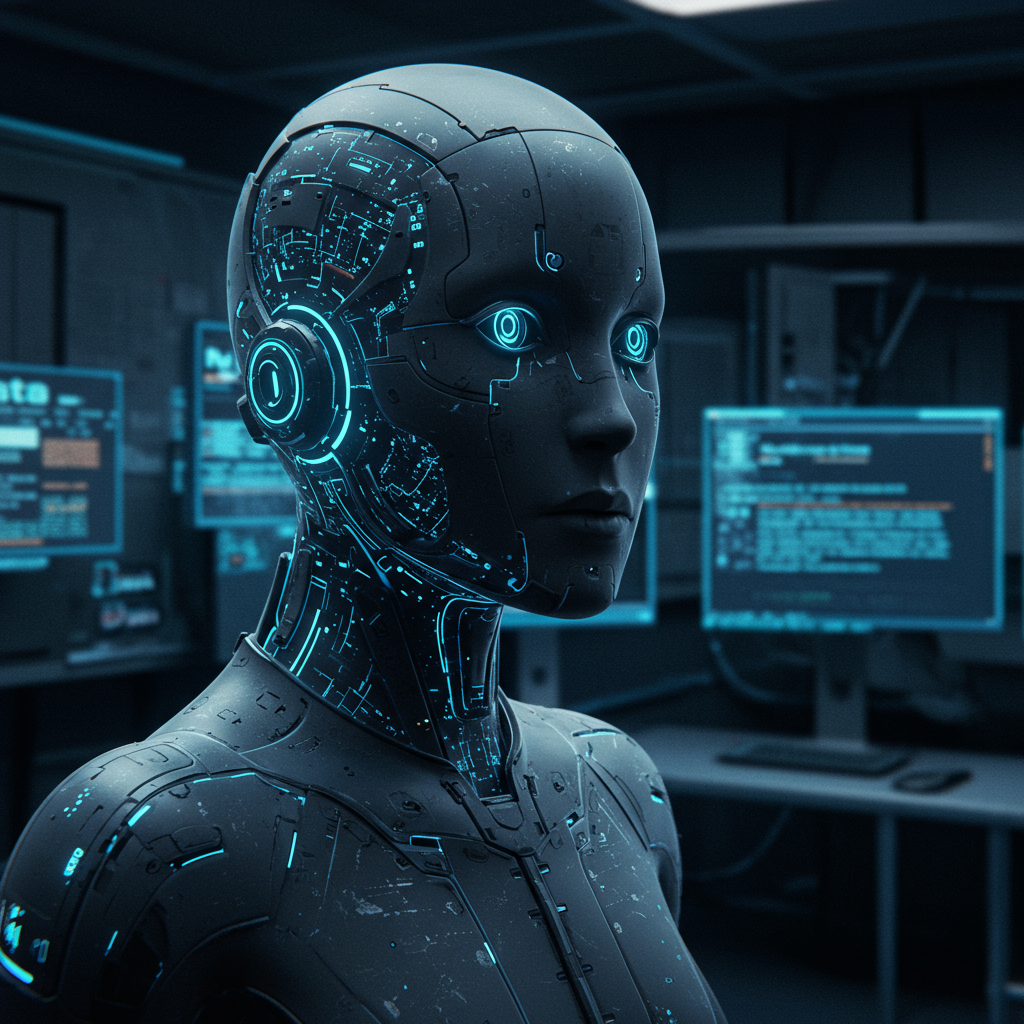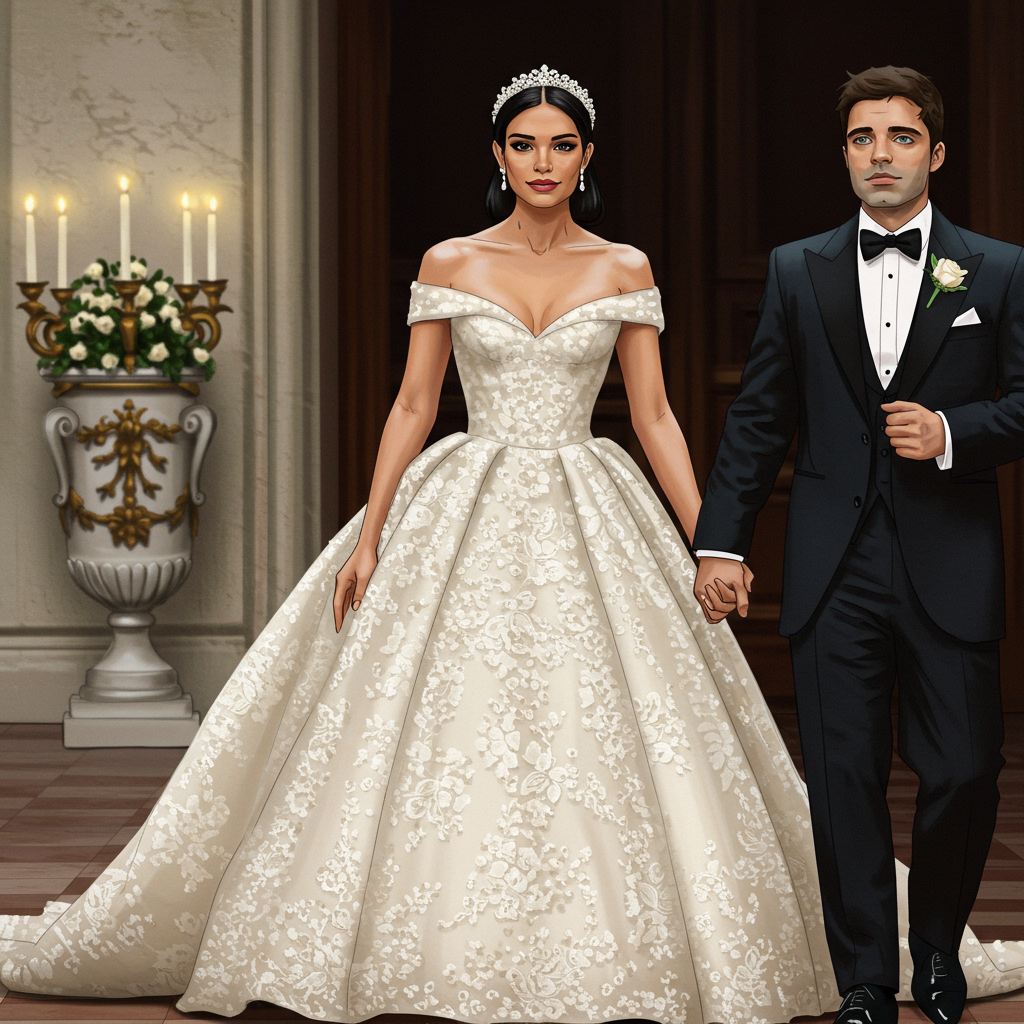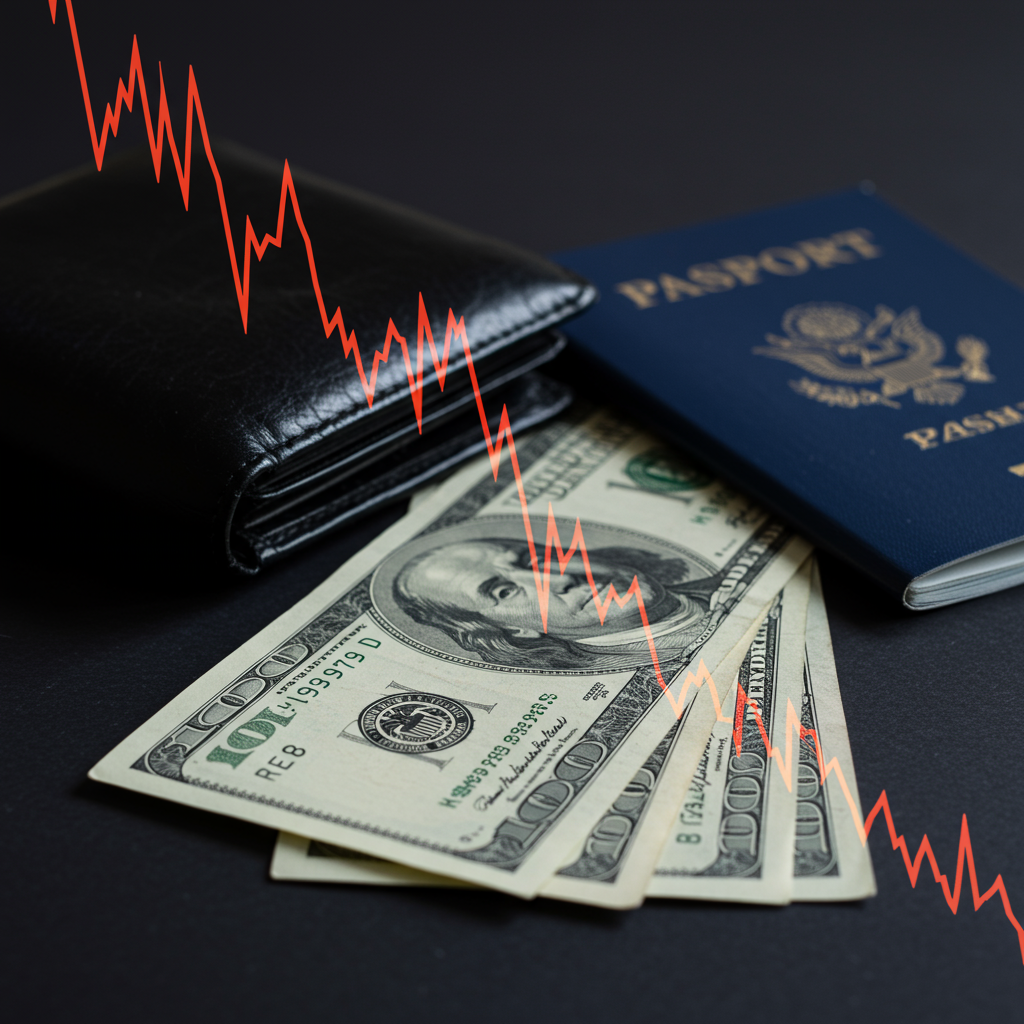A pivotal moment in the escalating legal battles over artificial intelligence and intellectual property has arrived. A federal judge in New York has delivered a significant ruling, allowing a lawsuit brought by two voice-over artists against an AI voice startup to move forward on critical claims. This decision marks a key victory for creators pushing back against the unauthorized use of their work to train and power generative AI technologies. The case highlights growing concerns about voice cloning, digital rights, and the potential for AI to misuse personal and professional identities.
Voice Actors Allege Their Voices Were Stolen
The lawsuit was filed by New York City-based voice-over artists Paul Skye Lehrman and Linnea Sage. They brought a proposed class action against California-based AI voice company Lovo Inc. According to the artists, Lovo improperly used and cloned their unique voices. They allege these voice clones were then offered for sale on Lovo’s text-to-speech platform, Genny, without their consent. The artists claim this constitutes a clear violation of their rights and Lovo’s obligations.
Judge Allows Key Claims to Proceed
In a ruling handed down by U.S. District Judge J. Paul Oetken in Manhattan, Lovo’s request to dismiss the entire case was denied. While the judge dismissed claims that the artists’ voices themselves were subject to general federal copyright protection, several crucial allegations were permitted to proceed. These include claims of breach of contract and deceptive business practices against Lovo. Importantly, separate copyright claims specific to the alleged improper use of the artists’ voices as part of the AI’s training data will also move forward. This distinction is vital, focusing the legal fight on how the voices were used after being recorded and within the AI model itself.
This nuanced ruling underscores the evolving legal landscape surrounding AI. It suggests courts may be more receptive to claims rooted in existing legal frameworks like contract law and specific instances of data misuse, even as novel arguments about copyrighting a human voice itself face challenges.
The Backstory: Limited Use vs. AI Cloning
The artists’ allegations trace back to 2024. They claim they were separately contacted by individuals they believed were anonymous Lovo employees. The contact occurred through the popular online freelance marketplace, Fiverr. Lehrman was paid $1200 for his voice-over work, while Sage received $800.
Messages shared by the artists paint a picture of clearly defined usage restrictions. The anonymous client allegedly stated Lehrman’s voice would be used “for academic research purposes only.” Sage’s voice, they were told, was for “test scripts for radio ads.” Crucially, the messenger explicitly stated the voice-overs would “not be disclosed externally and will only be consumed internally.” The artists contend Lovo drastically overstepped these limitations.
Shock Discovery and Commercial Use
Months after completing the freelance work, the couple had a startling discovery. While driving, they listened to a podcast discussing the potential impact of AI on Hollywood jobs. The episode featured an interview with an AI-powered chatbot using text-to-speech software. To their shock, the voice speaking sounded exactly like Mr. Lehrman.
“We needed to pull the car over,” Lehrman recounted in an interview. The irony of hearing his own voice, allegedly cloned by AI, discussing how AI could disrupt the entertainment industry was profoundly unsettling. This moment spurred them to investigate further.
Upon returning home, their investigation led them to Lovo’s platform. They claim they found voices labeled ‘Kyle Snow’ and ‘Sally Coleman’ available for paid subscribers to use. They allege these were clones of their voices. Further digging revealed Sage’s alleged voice clone being used in a fundraising video for Lovo’s platform. Lehrman’s purported clone had appeared in an advertisement on the company’s YouTube page. This direct commercial use starkly contrasted with the “internal use only” promise they say they received. Lovo eventually removed the voices, stating they were “not popular on the platform.”
Part of a Broader Trend: Artists Fight AI Scraping
The decision in this voice cloning case comes amidst a rising wave of legal challenges from artists and creators against artificial intelligence companies. These lawsuits frequently allege the unauthorized and uncompensated use of creative work, including images, text, and audio, to train powerful generative AI models. The core issue often revolves around massive datasets scraped from the internet, which may contain copyrighted material and personal identities used without explicit consent or notice.
This legal pushback reflects widespread concerns within creative industries. Many fear that AI tools, trained on their life’s work, could ultimately devalue human creativity and displace professionals. Artists, writers, musicians, and voice actors are demanding control over how their content is used in the AI era. They argue that public availability on the internet does not equate to a free license for AI companies to use their work for commercial training and product development.
Legal Battles Shaping the Future of AI
The AI voice cloning lawsuit is one facet of this larger legal battle. Similar cases are unfolding across different creative fields. Getty Images sued Stability AI, alleging its copyrighted images were used for training Stable Diffusion. News publishers like CNN and Reuters have blocked AI crawlers, viewing unauthorized scraping of their journalism as a threat. Authors have filed lawsuits against AI companies like Anthropic, claiming their books were used without consent. Platforms like Reddit and Stack Overflow are now charging AI companies for access to their data, recognizing its value for training purposes. This demonstrates a broad movement by content owners to assert their rights and establish boundaries for AI development.
Technical measures are also being employed. Many websites are updating their robots.txt files to disallow known AI crawlers. Content platforms are revising terms of service to prohibit AI training. The debate is fundamentally about who controls the vast amount of digital information and creativity that fuels AI. Creators are using every tool available—legal action, policy changes, and technical barriers—to ensure they have a say in how their work is leveraged by AI.
Attorney Calls Decision a “Spectacular” Victory
Steve Cohen, the attorney representing the voice-over artists, hailed Judge Oetken’s ruling as a significant win. He described the decision as “spectacular” for his clients. Cohen expressed confidence that a future jury would “hold big tech accountable” for their actions.
Lawyers for Lovo Inc. had previously characterized the artists’ allegations as a “kitchen sink approach.” They argued that the artists’ claims failed to establish an actionable legal case against the company. However, the judge’s ruling indicates that at least some of the claims possess sufficient merit to warrant further legal proceedings.
What Happens Next?
With the judge’s decision rendered, the case is now poised to move into the discovery phase. This is a critical stage where both sides gather evidence. The artists’ legal team will likely seek detailed information regarding how Lovo obtained their voice recordings, how they were used in the AI training process, and the extent of their commercial availability on the platform. This phase could uncover internal company documents and communications shedding light on Lovo’s practices. The case is scheduled to proceed in the U.S. District Court in Manhattan. The outcome could set important precedents for how AI companies interact with voice actors and other creators in the future.
Frequently Asked Questions
What specific claims were allowed to proceed in the AI voice lawsuit?
A federal judge allowed voice-over artists’ claims against Lovo Inc. for breach of contract and deceptive business practices to move forward. Additionally, separate copyright claims specifically alleging improper use of their voices as AI training data were also permitted. The judge dismissed the artists’ claims that their voices were subject to general federal copyright law, focusing the case on Lovo’s alleged actions regarding their recordings and AI system.
Where is the voice-over artists’ lawsuit against Lovo Inc. taking place?
The lawsuit filed by voice-over artists Paul Skye Lehrman and Linnea Sage against Lovo Inc. is proceeding in the U.S. District Court in Manhattan, New York. Judge J. Paul Oetken issued the recent ruling allowing key claims to advance, denying Lovo’s request to dismiss the case entirely.
Why did the judge dismiss the general federal copyright claims in this case?
The judge dismissed the artists’ claims that their voices themselves were generally protected by federal copyright law. While the specific reasoning wasn’t fully detailed in the summary, copyright law typically protects original works of authorship fixed in a tangible medium. The human voice, while unique, doesn’t fit neatly into traditional copyright categories. However, the judge allowed claims related to the use of the voice recordings in AI training data and subsequent cloning/resale, which fall under different legal arguments like contract law and specific copyright applications.
Conclusion
The federal judge’s decision to allow key claims in the voice-over artists’ lawsuit against Lovo Inc. is a significant development. It signals that courts are taking allegations of AI misuse seriously, particularly when they involve potential breaches of contract, deceptive practices, or the unauthorized use of content for training purposes. This case is one of many illustrating the growing tension between rapid AI development and the rights of creators. As this lawsuit moves toward discovery and potentially trial, its outcome will be closely watched. It could help define the legal boundaries for AI voice cloning and strengthen protections for performers and artists navigating the evolving digital landscape.
Word Count Check: ~1070 words




